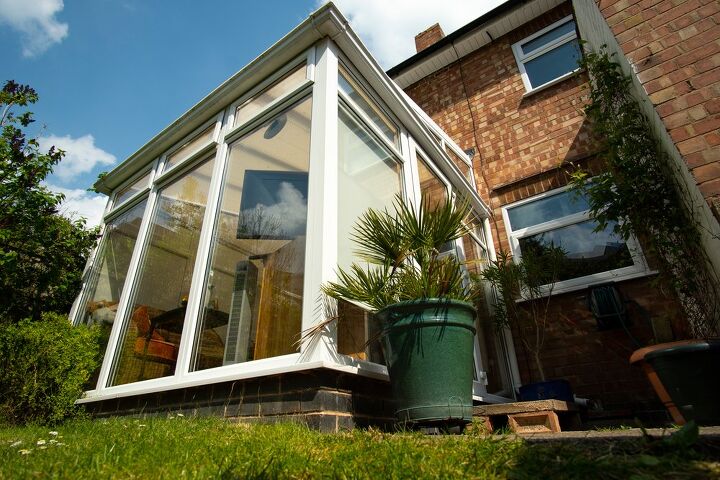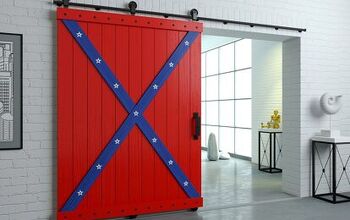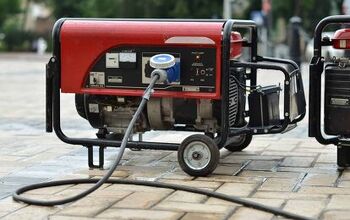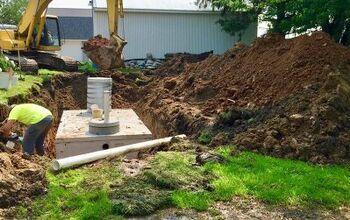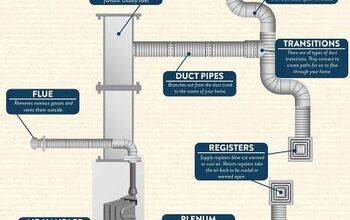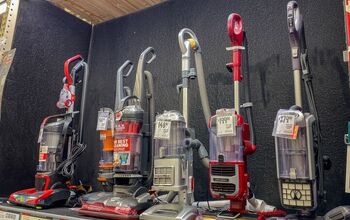What Happens If You Buy A House With An Unpermitted Addition?

The stressful process of buying a house involves extensive negotiations, appraisals, and loan applications. Nothing is more frustrating than when you complete the process only to find out that not everything was as it seemed. So, what happens if you buy a house with an unpermitted addition?
You can sue the previous homeowner and even the realtor if you buy a house with an unpermitted addition. However, this is only possible if you can prove that they misled you and didn’t disclose that they didn’t have a permit for the addition. The inspector should catch this during the appraisal process, but that doesn’t always happen.
You may not be able to get a loan if the inspector finds out there are unpermitted additions in the house. The inspector may be liable if they don’t check to see if the homeowner had permits for the addition. Follow along as we explore what happens if you buy a house with an unpermitted addition.
Does Unpermitted Work Affect An Appraisal?
Unpermitted additions and work can negatively affect the appraisal process. This is a problem for sellers trying to get the most money for their house, as a low appraisal will prevent that. It’s also bad for the potential buyer, as they may realize that the house they wanted to buy was too good to be true.
The buyer may not be able to get a loan if the appraisal reveals either unsafe or unpermitted additions. In that case, the buyer will likely ask the seller to pay the penalties for the unpermitted addition. The seller may also want to ask the seller to pay for any necessary work that would make the addition official.
Can You Get A Loan If A House Has Unpermitted Work?
You can get a loan if a house has unpermitted work in most cases, but it depends on the situation. For example, a simple unpermitted addition is unlikely to affect the financing process. However, they may not give you as big of a loan as they would if everything in the house is permitted.
Unfortunately, extensive unpermitted additions that prove to be defective may prevent you from getting a loan. Lenders largely base how much they loan to buyers on the results of the appraisal. They are unlikely to loan you any money if the appraisal reveals unpermitted additions that are dangerous.
In that case, you may simply take this as a sign that the house is too good to be true. The average homeowner relies on a loan to comfortably buy a home. You may want to consider another house if you can get a loan, but it’s significantly lower than what you need.
How To Get A Permit For An Addition After The Work Is Done
While you should get a permit before you make an addition to your home, you can get one retroactively. The first step is to reach out to the permit office that handles additions in your city or county. Politely explain the situation to them, whether you had the work done or it was the previous homeowner.
From there, the office will provide an application that you must fill out to start the process. Next, you must set up an inspection, so the permit office can make sure the addition meets the requirements. If all goes well, you won’t have to make any repairs or redo the addition entirely.
However, you should set aside some money for repairs in case they are necessary. After that, the permit office will give you a price that you must pay to make the addition official. Costs vary between cities, counties, and states, but they typically cost between $500 and $2,000 depending on the addition.
Can You Sue The Previous Homeowner For Unpermitted Work?
You can sue the previous homeowner for unpermitted work in some cases. For example, a lawsuit may be in order if you find out about an unpermitted addition after you’ve already bought the house. It’s much easier to build a case if you can prove that you didn’t know about the addition before the sale was finalized.
The realtor and inspector may also be culpable if they fail to disclose unpermitted additions. Sellers and realtors are liable for defects when they sell a home. They are also liable if they mislead a buyer during the process.
For example, sellers and realtors cannot lie to potential buyers and say that everything in the house is compliant with local codes. Ideally, you should sue the previous homeowner in this case, but you can also sue the realtor if you can prove they knew about the defects. That said, you can also sue the inspector for the cost of the inspection to get that money back if they didn’t tell you about the unpermitted addition.
Is It Illegal To Sell A House With Unpermitted Work?
It isn’t illegal to sell a house with unpermitted work. That said, you may be held liable for a lawsuit if you mislead your realtor or the buyer, and they can sue you. The inspector will likely discover the unpermitted addition when they inspect the house, and they must disclose that information.
From there, the buyer will likely request that you cover the cost to legitimize the addition. This includes the cost of permits and any repairs that are necessary to make the house habitable. Otherwise, the buyer may simply request that you reduce the cost of the house.
Sell the house as is, if that’s worth it to you. However, it may be worth it to spend some money on a retroactive permit and any necessary repairs to get the most you can for the house. Otherwise, you won’t likely turn a profit on the house, and the sale may be disappointing.
Summing It Up
You must get a retroactive permit if you buy a house with an unpermitted addition. In many cases, you can sue the previous homeowner or realtor to pay for the permit and any necessary repairs for the addition. Inspectors typically discover unpermitted additions during the appraisal process, and this can affect your ability to get a loan. You can even sue the inspector for the cost of the appraisal if they fail to find an unpermitted addition.
Related Guides:
a

Nick Durante is a professional writer with a primary focus on home improvement. When he is not writing about home improvement or taking on projects around the house, he likes to read and create art. He is always looking towards the newest trends in home improvement.
More by Nick Durante



